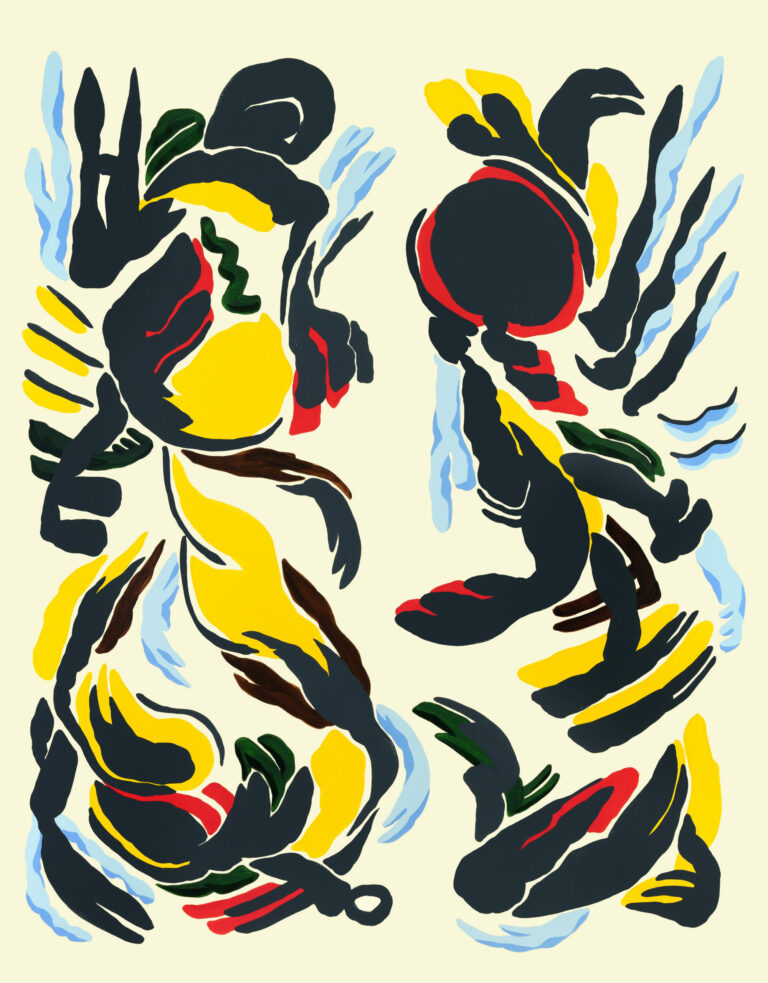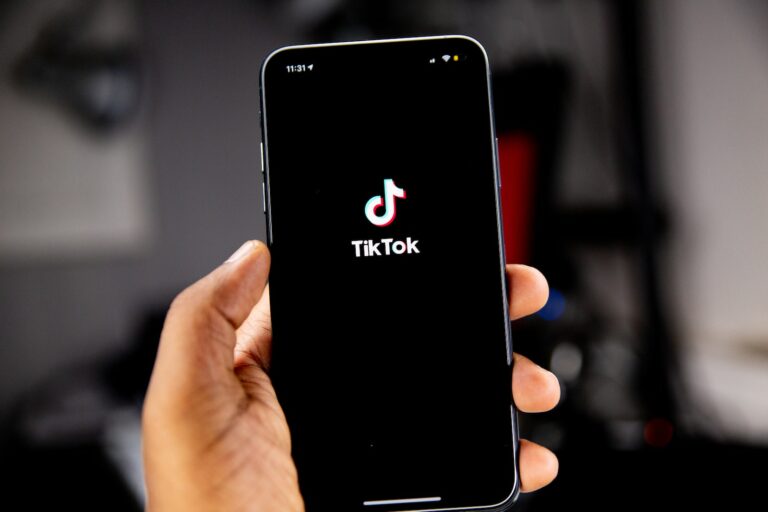An influencer would uplift the social media followers count and even customers’ buying decisions. In 2023, becoming a successful influencer is a challenging job; you must continuously put on your efforts to reach a particular position. All the glory on the social media platforms will not come within a single day. It is the same as for the TikTok platform too. So marketers or famous TikTokers need to focus on the strategies to attain success on the TikTok platform. To upbeat your competition, you shall try using Trollishly and shall build on a robust online presence. The strategy that you can follow is to join with influencers.
On one side, the above would be the scenario, but on the other side, a pool of influencers is available on the platform. If any young TikTok influencers want to make their presence in the competition, it is going with much tricky. This article is for influencers who want to become successful on the TikTok platform in 2023. So influencers, are you ready to rock the platform? Let’s begin!
11 Tips to Succeed As A TikTok Influencer
- Influencers As A Brand
The first step as an influencer is to start promoting yourself as a personal brand. So for that, first of all, you have to figure out your strengths as influencers. You have to shape your voice and learn how to connect with your community and audience. Once you get to know it, you shall optimize your TikTok profiles as soon as any user first watches your TikTok profile only. So try to captivate and lock them over there itself.
- Get to Know Your Audiences
The next thing you have to focus on is to know your audience well. Only then will you determine what content would satisfy your audience’s expectations. You shall post valuable content that interests your audiences if you know it. You shall check on your audience’s comments, or you shall go on Live to see the pulse of your audience’s mindset.
- Develop Your Content Strategy
As influencers, the contents are the ones that you need to be more focussed on the social media channels. You have to make a list of strategies you will follow as an influencer and change it with further updates. You will find different content ideas when you scroll down on the TikTok. As influencers, you must be ready with the content ideas; only then will you have a long run on the TikTok platform.
- Curate Your Online Presence
Before you show your presence on the TikTok platform, you have to optimize your online presence. Optimization includes creating influencer brand accounts and improvising on email marketing too. You shall add more subscribers to your email lists. You shall start up with the scripts of the videos and the pre-preparations of how it is done.
- Post Frequently and Uniquely
You shall start posting the content once you are ready with the scripts. Posting at the right time your target audiences are active on the platform is essential. Moreover, it is vital to maintain consistency. Once you post the video, continue with the single results. It is crucial to look for tangible results. Moreover, you shall buy tiktok likes and shall gain instant popularity.
- Engage With Your Audience
As influencers, apart from creating engaging content, you shall like, comment or repost your followers’ content. They will connect with you more if you immediately respond to the comments. You shall start to interact with the audience too. You shall go on Live for better interaction. You shall ask random questions and get to know your audience’s opinions and perspectives.
- Collaborate With Other Brands
Influencers need to increase their network as soon as possible. Only then shall they reach a broader audience base. Influencers shall pitch the brands directly and shall collaborate with them. Once you collaborate, then you shall earn more income. As influencers, you shall pair up with influencers who align with your goals.
- Produce High-Quality Videos
As per the TikTok algorithm, the new videos will be shown to the audience first. So if your videos are high quality, that would be a hit. High quality does not only mean the video quality, but the sounds, music, and content are also included. Moreover, producing high-quality videos only using high-definition cameras is not compulsory. The representation of your brands is much more significant to connect with your audience. Even you shall try using Trollishly and shall gain popularity instantly.
- Use Popular Trends and Hashtags
Influencers should be up-to-date with the recent trends and hashtags on the TikTok platform. Only then the discoverability will more and more audience will view the TikTok content. Before high saturation of trends, you have to create those trendy videos. Most of the trending videos are transitions and use filters.
- Refine Your Influencers’ Skills
As you increase your network, you must update and maintain your influencer skills. You shall conduct research at particular intervals and then create the new content. You shall take notes of which content would gain you more engagement. As per that, you shall adjust your content strategy. Furthermore, stay connected to your audience.
- Utilize the Analytics
It’s always essential to utilize analytics to track your progress. Only once, if you track your progress, you shall get to know your position on the platform. You shall also use the metrics to see the audience preferences. Through these metrics, you shall get to know the busiest time of your audience. If you post at that time, then the information will reach more people.
Wrapping Up
On the whole, becoming a TikTok influencer is a challenging task. It takes more time, effort, consistency, and continuity to attain your goals on the platform. Understanding the above points makes it possible to increase your chances of becoming a successful TikTok influencer in 2023. As a final note, remember that being authentic and fun is the key to success on TikTok. If you find the article more interesting, then you shall leave your comments below in the comment section. Thanks for reading!










